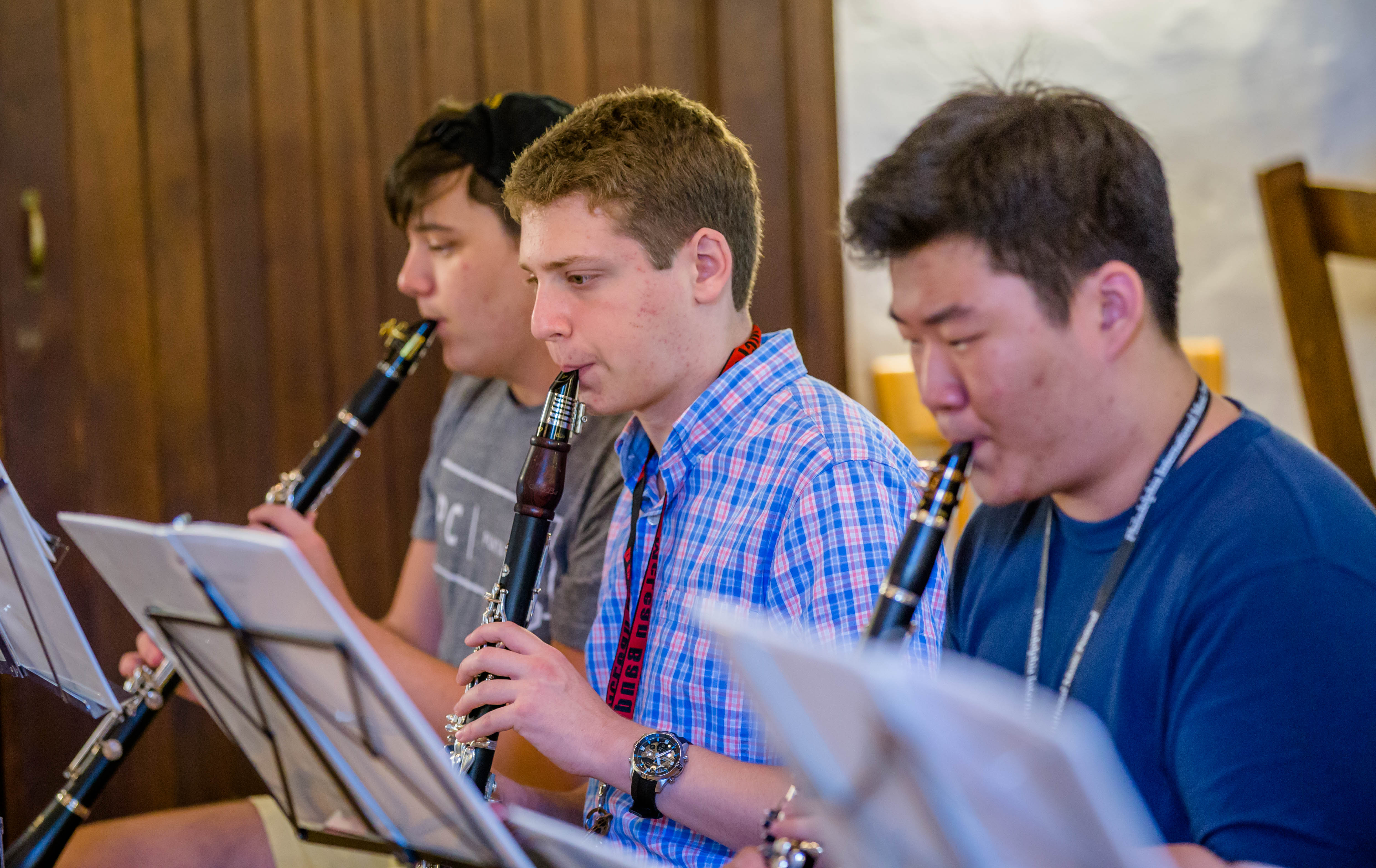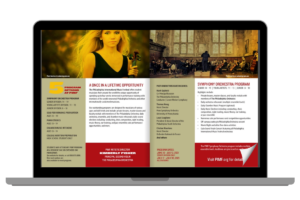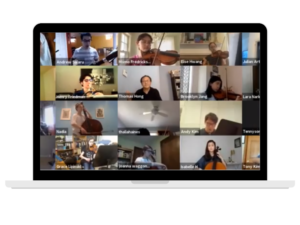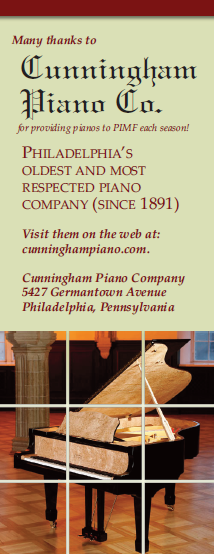What & Who Should You Be Listening To As A Young Musician?
The education of a young musician is a complex balance: individual lessons yield insight into appropriate technical exercises, time-tested pedagogical material, and the host of standard repertoire for your instrument. Additionally, time spent in a youth orchestra program slowly builds one’s awareness of the huge canon of orchestral repertoire being performed today. Every teacher, conductor, and colleague you meet on musical grounds will invariably share a bit of valuable individual perspective – and it is precisely when we find ourselves around the “right” people – people that we look up to and seek to emulate – that we need to take some serious mental notes.
In this vein, consider the exceptional value of yet another facet of musical education – a place where there are plenty of things and people to listen to: the summer music festival. Many festivals are built around exceptional faculty, typically by proximity to an orchestra or performing ensemble that has access to an appropriate venue and audience. And the big names at the top are great! You will never leave a masterclass by a musician from The Cleveland Orchestra, for example, lacking new musical insights. But healthy summer music festivals are built with great staff from the ground up. Nearly everyone involved in a music festival organization has a varying degree of individual experience with the professional music performance world as well as unique commentary on the standard literature. Any information you can extract from first-hand accounts will be a powerful source of guidance as you find your way in the music world, and any information you collect about great composers, conductors, performers, repertoire, or surrounding instances will inform and influence your performing perspective in a very unique way.
What are you listening to lately?
What’s your favorite quartet by Shostakovich, and why?
What advice do you wish you could have given to yourself while in high school and considering the pursuit of a performance degree?
Do you know any stories about Clara Schumann?
Do you have a recommended recording of the Bach Sonatas and Partitas? And why?
Have you ever organized a solo recital?
Have you attended summer music programs abroad?
These are a few of the questions you could use to approach and open dialogue with literally ANYONE participating in a summer music program or festival. Keep in mind that it is not the specific questions, but the underlying pursuit of another individual’s unique perspective on music history and performance that is important.
To summarize the above: listen to the experiences, suggestions, and insights of all of the people in your own “music neighborhood:” from older students in your individual studio and youth orchestra program to the teachers, staff, and visiting artists at summer music programs, and on to even visiting performers whose concerts you happen to attend. Position yourself to engage in meaningful music-related conversations with musicians of all levels and extract whatever information you can to inform your own trajectory.
When I was a young musician in the early 2000’s, I found myself attending summer music programs every year; I loved the chance to be in an environment of classical music obsession. I remember swapping CD’s of Chopin Ballades and Nocturnes for a friend’s famed NY Phil/Bernstein Shostakovich 5 recording.
(Did you know Chopin wrote almost exclusively for the piano? Did you know that he was ironically renowned for his virtuosity as a pianist and simultaneously crippled by performance anxiety? Are you familiar with the different types of pieces he wrote? Waltzes, Etudes, Ballades, Mazurkas, Nocturnes, etc? Do you know why the construction of Shostakovich’s 5th symphony is ripe with commentary on the Soviet political and social climate of his day? Do you know what makes Bernstein’s tempo decisions unique in this famed recording?)
This is the kind of information you collect when you engage your musical peers and take advantage of the insights anyone in the music world can offer you!!
I also remember a fateful week when we had a visiting guest artist, American composer George Crumb. At that time I was too musically ignorant, even as I soaked up Lenny’s Shosty on the Walkman, to understand just how lucky I was to meet and have some time learning from George Crumb. He was there to work with the student composers, but his classes were open to all students, and I, being a properly hungry young musician was well-pleased to attend them when I had the free time.
I will never forget the advice he gave to the young composers gathered in the room:
“How many themes can you sing from the Beethoven symphonies? A young musician should have a general familiarity with the themes from all of these masterworks…”
He went on to talk about how he, as a young composer, wrote a string quartet entirely in the style of Brahms – something that he never shared with anyone. This was an assignment he gave to himself: to extract experience by emulating someone else’s style.
Here was someone whose music’s atonality I knew, with the ear I had at that time, to be challenging to listen to and intellectually digest, and he was starting off by telling us about how we should be acutely familiar with the standard repertoire. My gut instinct was that I was getting really good information, and I ran with it. I started to collect recording cycles of Bruckner, Prokofiev, Schubert, and Brahms symphonies… I started to listen to the piano music of Rachmaninov, to read about the trials of Robert Schumann, to learn about the fascinating upbringing and work of Mendelssohn… I started to listen to the solo repertoire of instruments other than my own.
All of this repertoire and information had very little to do directly with my education on my instrument, but it certainly bolstered my foundational understanding of “the standard repertoire” and put me in a great position to converse with and process the offerings of other musicians. Nowadays, I find myself able to identify the composers of pieces I’ve never heard before, because I spent the time wrestling with an understanding of what makes a composer’s voice unique.
Start exploring now. Start listening to repertoire outside of your native territory. Schubert songs, Beethoven string quartets, Prokofiev piano concertos, Bach keyboard works, Mozart arias — the sooner you start to get this stuff in your ear, the better. If you’re not sure where to start, look into the seasonal programming of any major orchestra. Youtube the first piece you see on the list that you are not currently familiar with! Or ask your private instructor for a recommendation!
The essential point to be made is that we as musicians are the sum of our experiences, and by extension we are broadened by the experiences of others that we can collect, empathize with, and process personally. All of the information you gather from other musicians, and all of the repertoire you familiarize yourself with, will inform and improve both your!




